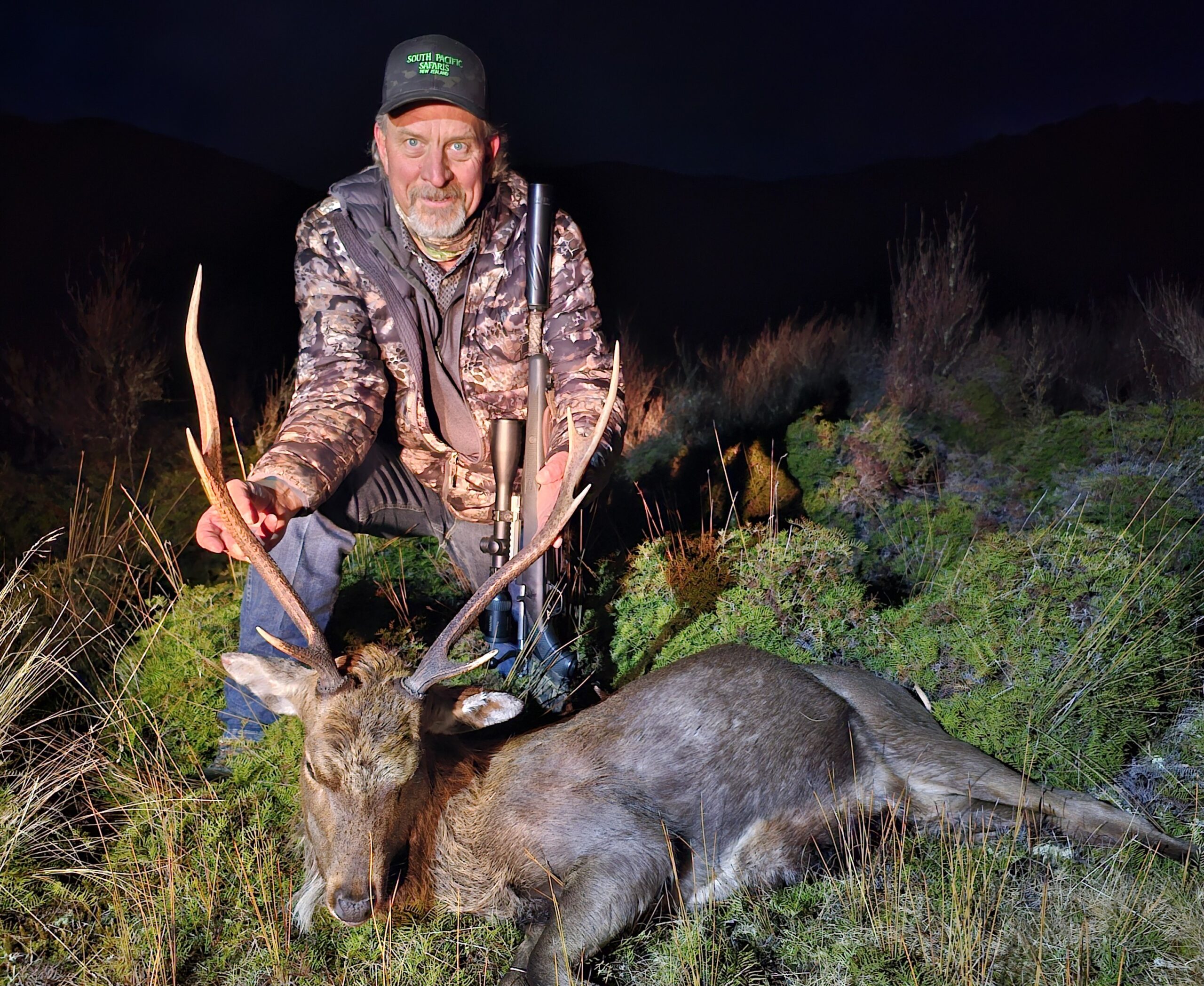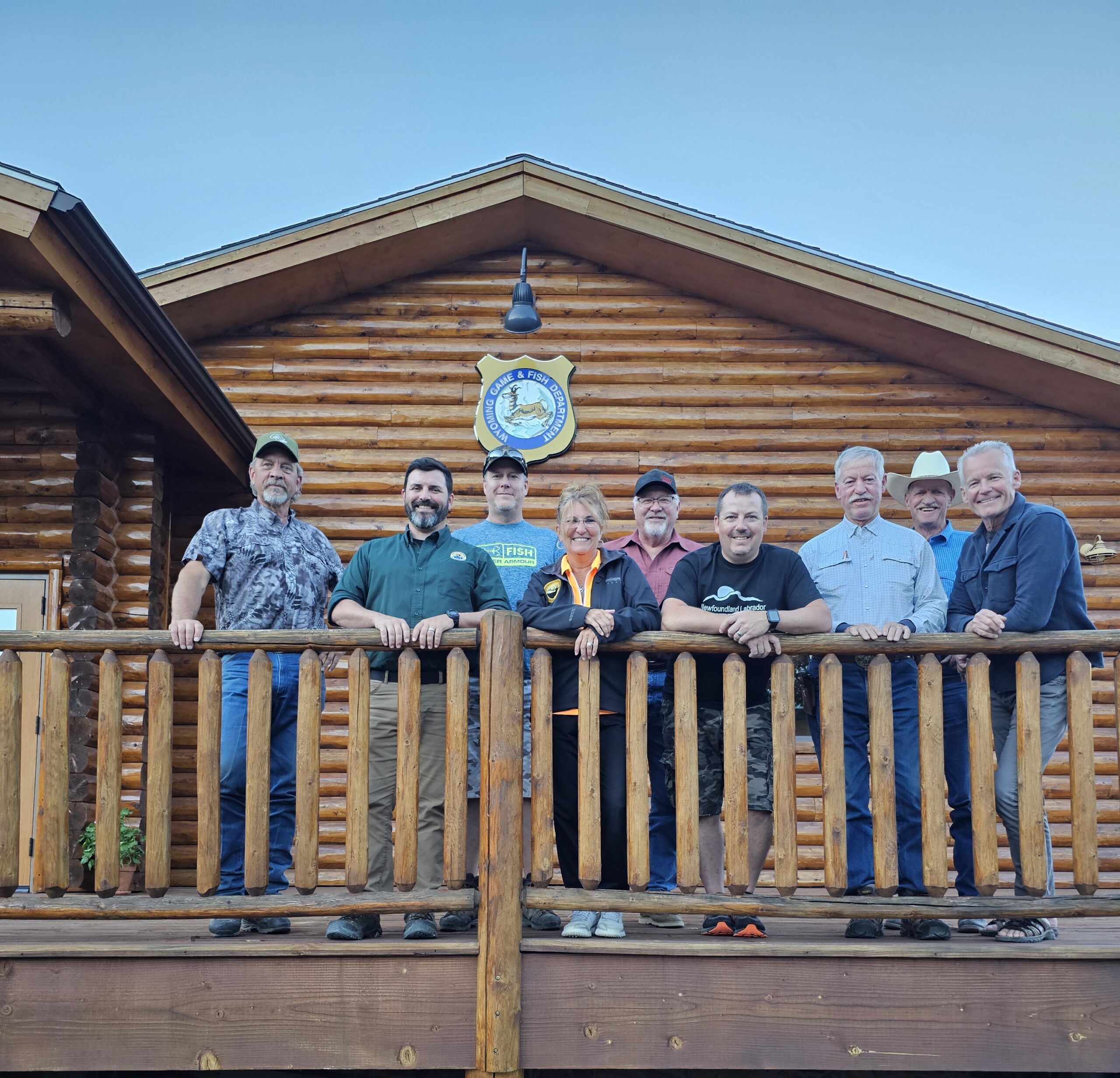Missouri Department of Conservation (MDC) reminds people to “Be Bear Aware” and offers the following advice.
A FED BEAR IS A DEAD BEAR
 “When bears lose their fear of people, they may approach people in search of food or may defend the food sources or territory they associate with people, which can make them dangerous,” says Laura Conlee, a resource scientist and black-bear researcher with MDC. “When this happens, the bear has to be destroyed. A fed bear is a dead bear.”
“When bears lose their fear of people, they may approach people in search of food or may defend the food sources or territory they associate with people, which can make them dangerous,” says Laura Conlee, a resource scientist and black-bear researcher with MDC. “When this happens, the bear has to be destroyed. A fed bear is a dead bear.”
She added a fed bear that becomes a problem in one place cannot be relocated to another.
AVOID ATTRACTING BLACK BEARS
- Don't leave pet food sitting outside. Feed pets a portion they'll eat at each meal and remove the empty containers.
- Store garbage, recyclables and compost inside a secure building or in a bear-proof container until the day of trash pick-up.
- Keep grills and smokers clean and store them inside.
- Don't use birdfeeders from April through November in bear country, or hang them at least 10 feet high and 4 feet away from any structure.
- Use electric fencing to keep bears away from beehives, chicken coops, vegetable gardens, orchards and other potential food sources.
- Keep campsites clean and store all food, toiletries and trash in a secure vehicle or strung high between two trees. Do not burn or bury garbage or food waste.
AVOID ENCOUNTERS AND REACT RIGHT
- Make noise while walking or hiking to prevent surprising a bear. Clap, sing or talk loudly.
- Travel in a group if possible.
- Pay attention to the surroundings and watch for bear sign, such as tracks or claw or bite marks on trees.
- Keep dogs leashed.
- Leave a bear alone! Do not approach it. Make sure it has an escape route.
- If encountering a bear up close, back away slowly with arms raised to look larger. Speak in a calm, loud voice. Do not turn away from the bear. Back away slowly. Do not run.
A native to Missouri, black bears were abundant until the late 1800s when they were nearly wiped out from unregulated killing and from habitat loss when Ozark forests were logged. Over time, their numbers increased and continue to do so. Results of ongoing black-bear research by MDC staff and others show that the animals have been sighted in about half the counties in Missouri, primarily south of the Missouri River, with most bears located in the southern third of the state in the Missouri Ozarks.
Black bears are a protected species in Missouri. MDC anticipates a limited hunting season as a population-management method once black bear numbers reach a population estimate of about 500 animals. The current estimate is about 350. No details regarding the anticipated future hunting season have been developed.



